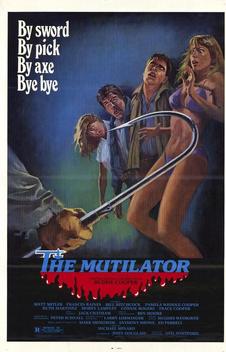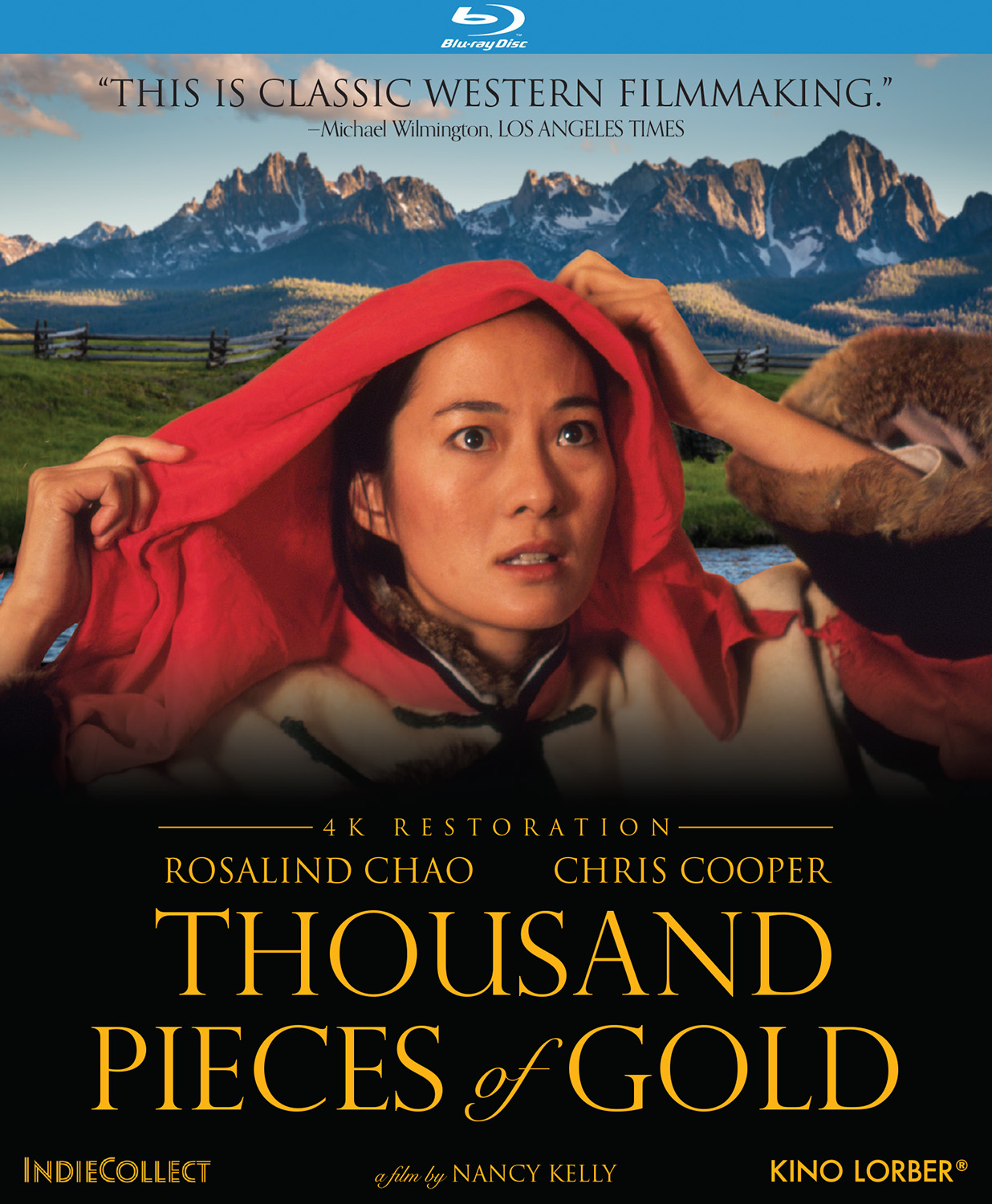

Yet until Prince made the concert film Sign o’ the Times (a nearly track-by-track re-creation of the album of the same name), fans who couldn’t get tickets to his shows could only see fleeting glimpses of what he was like onstage: via music videos and his occasional TV and movie performances. Prince’s rise to fame in the late ’70s and early ’80s had a lot to do with his live act, which impressed crowds and critics alike with its eclecticism, relentless energy, and subversive sexuality. They’ve spent their careers trying to create the perfect conditions to get what they’re after it just so happens that they also have the kind of training and know-how to exact an impressive range of sounds from an electric guitar, whenever inspiration strikes. But gradually it becomes clearer that Page, Edge, and White are all perpetually chasing something ineffable. There’s an element of demystification here, as these three gentlemen lay bare their habits and styles, making their work sound almost mundane. Led Zeppelin’s Jimmy Page, U2’s the Edge, and the White Stripes’ Jack White chat with each other and to Guggenheim, usually while holding tight to their instruments and stopping every so often for a little demonstration. Think of these 50 titles as a time capsule, ready to be opened today, next year, or decades from now.ĭirector Davis Guggenheim starts with a simple but profound idea for It Might Get Loud: assembling three guitarists from different backgrounds and generations, and getting them to talk about their influences, philosophies, and techniques. Most important, these documentaries (and exceptional concert films, in case you were wondering) contain performances that are as essential to understanding these artists as any of their records. It touches on pop, hip-hop, rock, punk, R&B, jazz, country, and folk collectively, it tells a story of art forms, cultures, and business models in transition. The list of 50 documentaries below features old classics, new favorites, and a few films that deserve a wider audience.

It’s a marvelous time to be a music buff. Netflix has done so well with music-themed films that it commissioned some of its own, such as What Happened, Miss Simone? and this week’s big Beyoncé drop and thanks in part to art-house patrons, Blu-ray buyers, and premium-cable subscribers, the market for movies about musicians has become lucrative enough that even long-shelved projects like The Wrecking Crew and the arty Leon Russell sketch A Poem Is a Naked Person have seen the light of day. Lately there have been a flood of movies about cult bands, forgotten local acts, and background players - and even a few docs, like Amy and Kurt Cobain: Montage of Heck, that have found new ways to approach some of the most popular musicians of the past half-century. The past few years have been something of a golden age for music documentaries, with the Oscar-winning success of Searching for Sugar Man and 20 Feet From Stardom opening up the field for films about less obvious stars. Nancy Kelly became a victim of prejudice against women directors within the American film industry and was never offered another movie to direct in spite of extraordinary reviews from critics, some of whom compared her talent to that of John Ford.This story was originally published in 2015 and has been updated to reflect recent releases, including Beyoncé’s Homecoming on Netflix. Way ahead of its time, the film resonates even more powerfully today in the era of #MeToo.

Eventually Charlie (Chris Cooper), a man of different ilk, wins her in a poker game and slowly gains her trust. She is trafficked to a nefarious saloonkeeper in Idaho's gold country. Upon its release in 1990, the film won immediate acclaim for its portrayal of the real-life story of Lalu (Rosalind Chao), a young Chinese woman whose desperately poor parents sell her into slavery.

Set in a mining town in the 1880s, Thousand Pieces of Gold is based on the classic novel by Ruthanne Lum McCunn with a screenplay by award-winning filmmaker Anne Makepeace ( Tribal Justice).


 0 kommentar(er)
0 kommentar(er)
